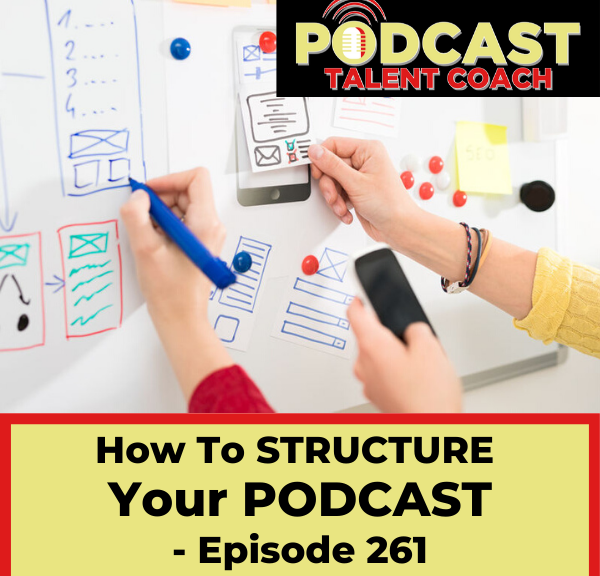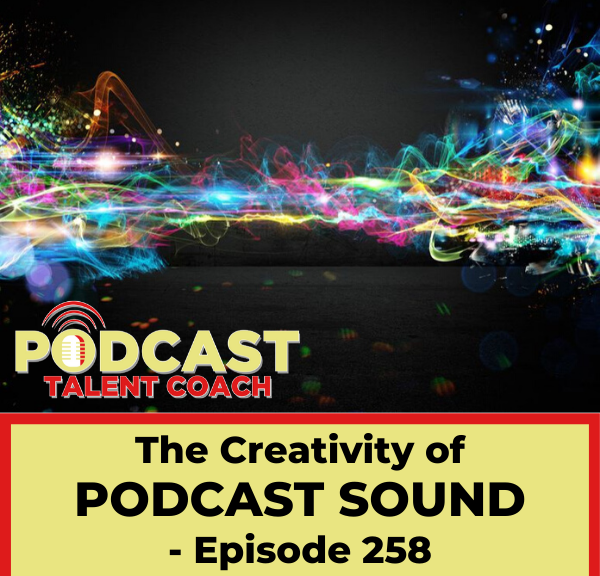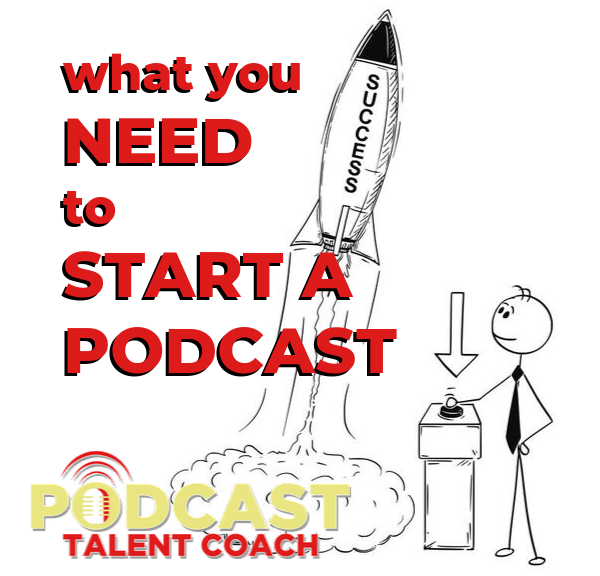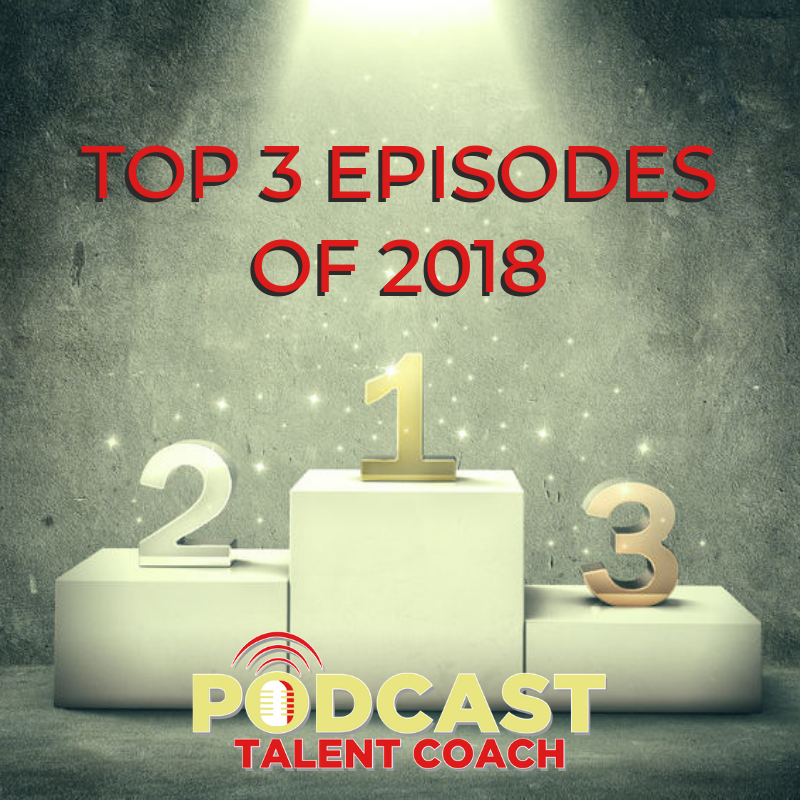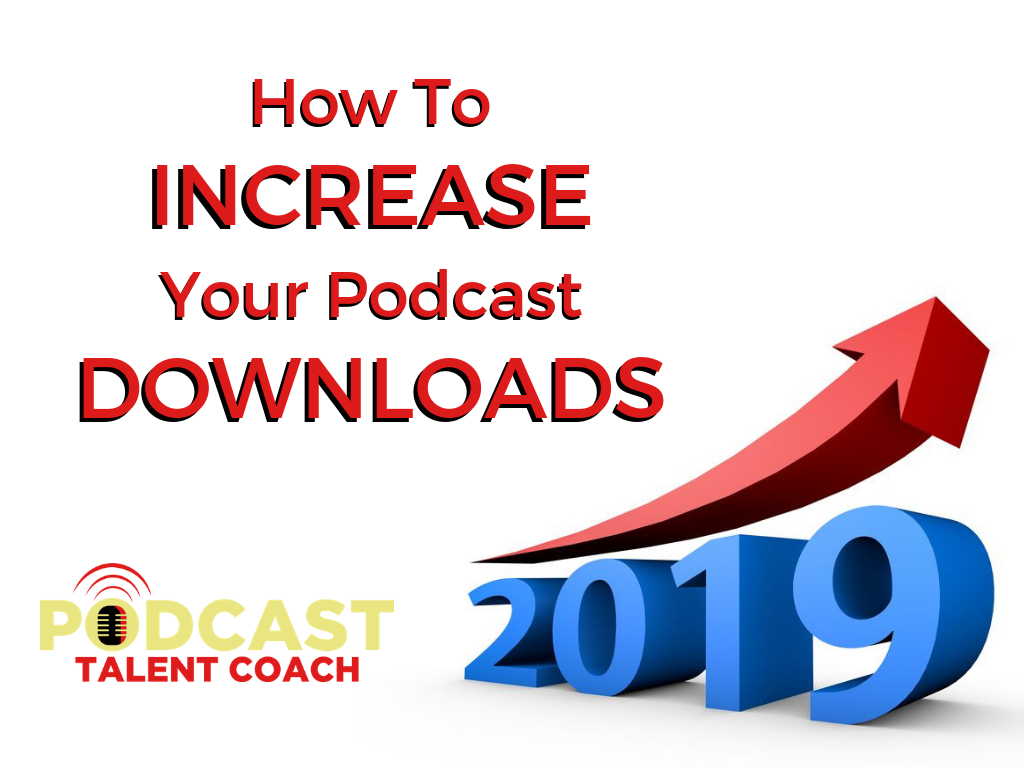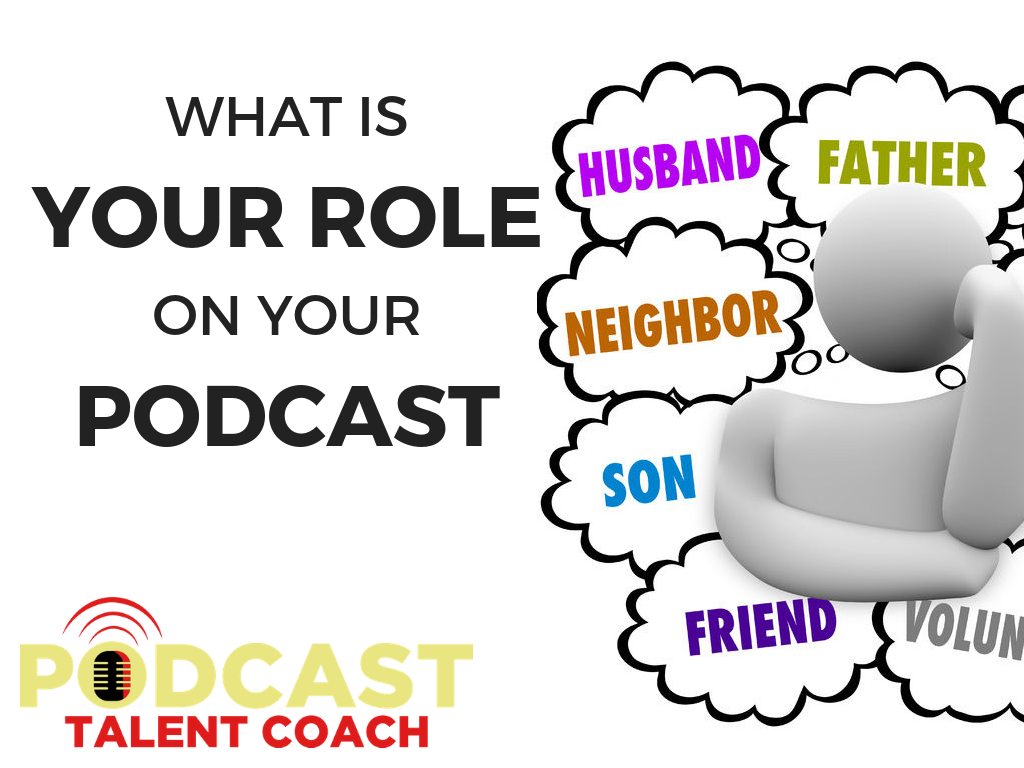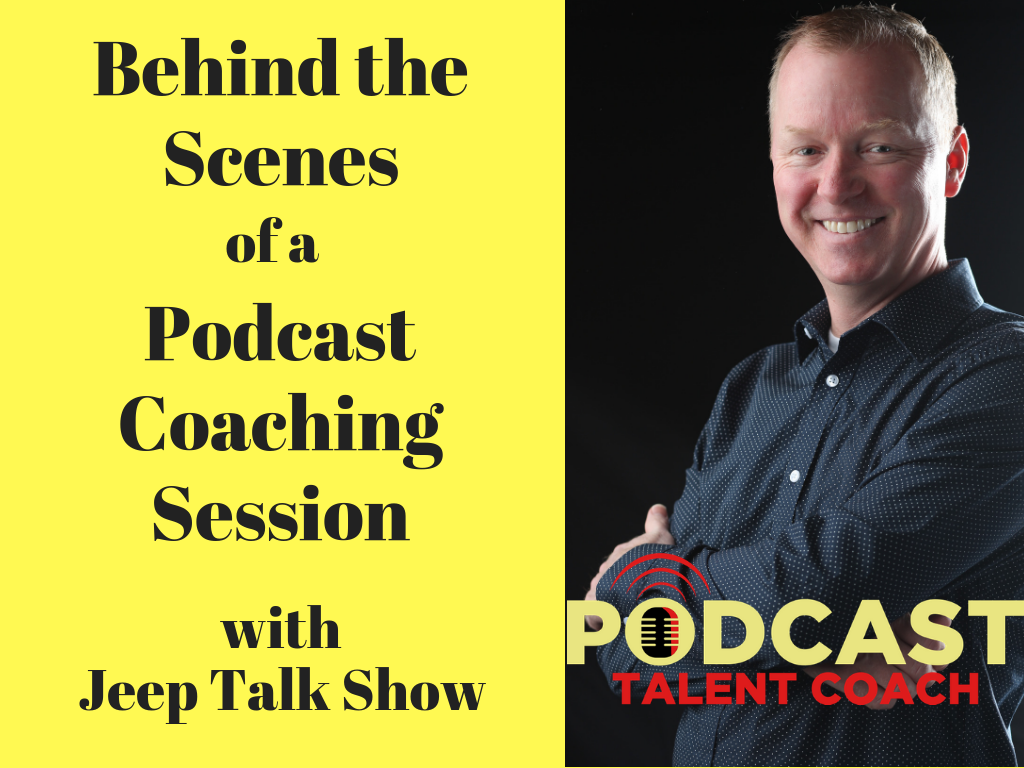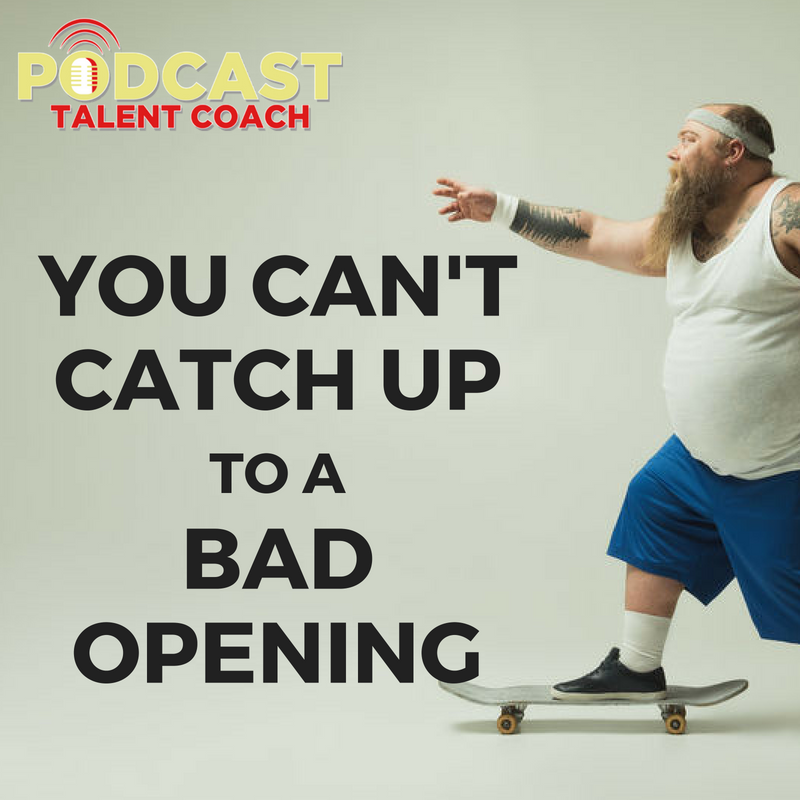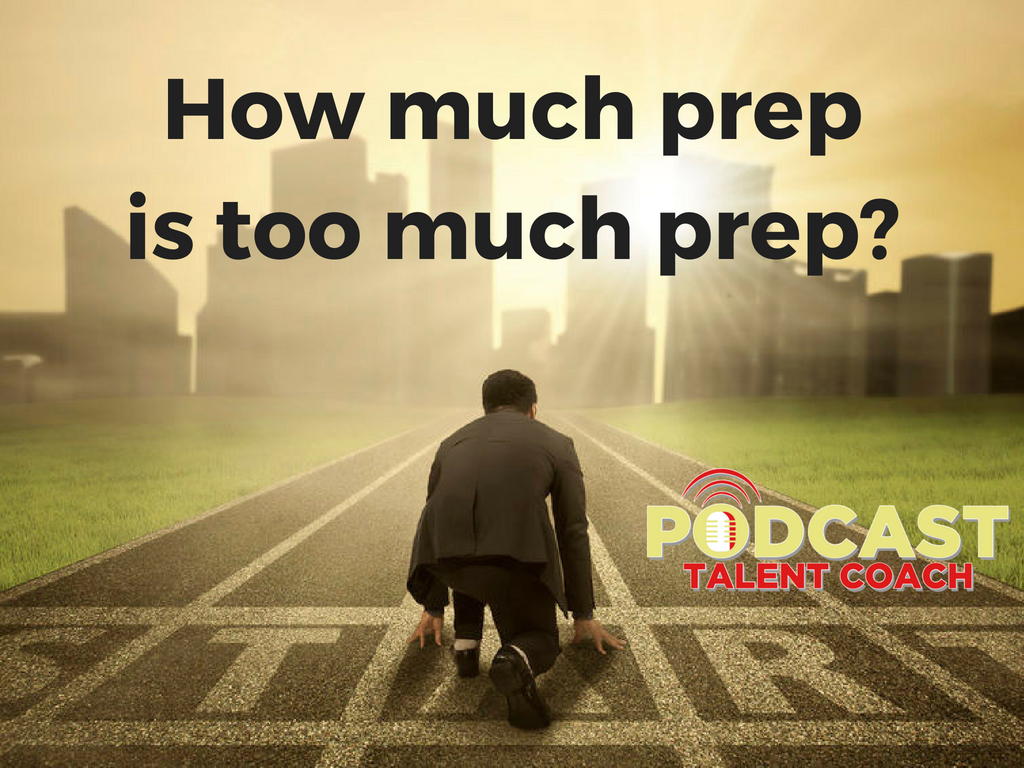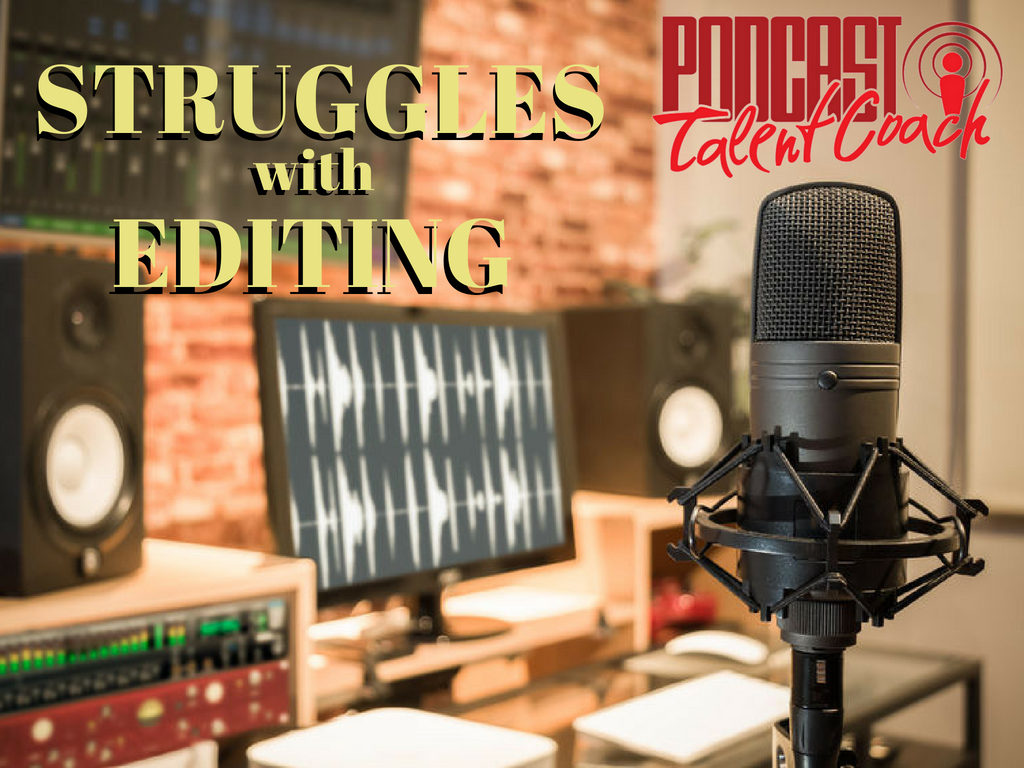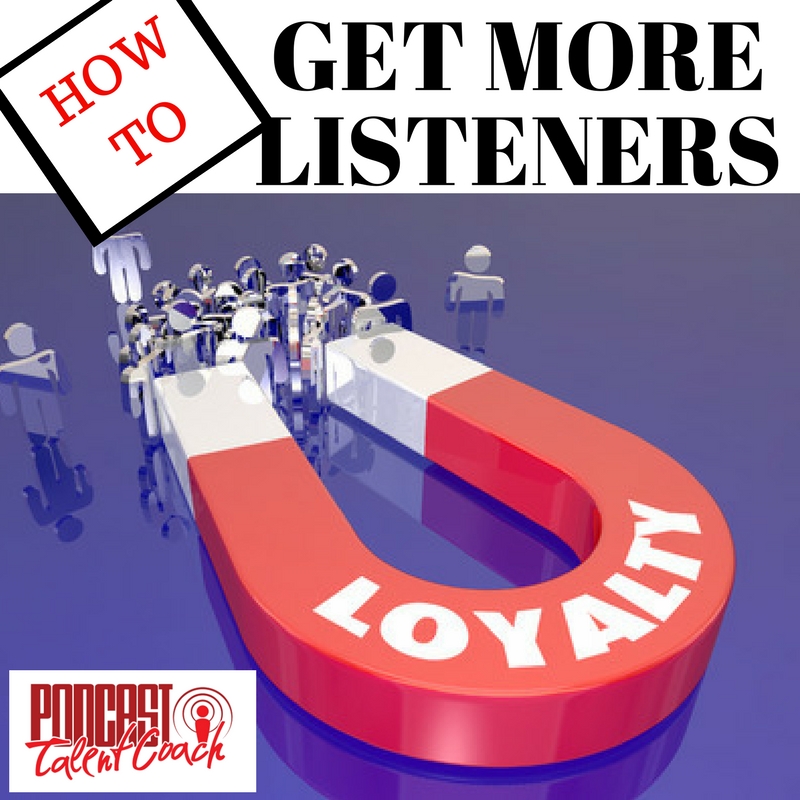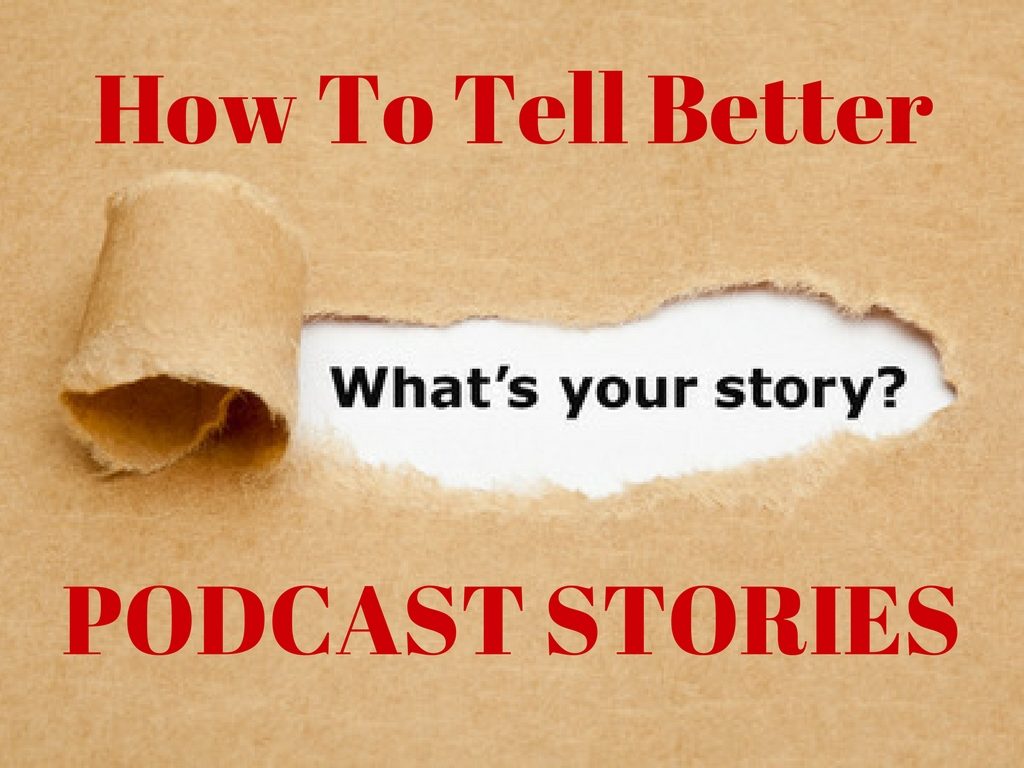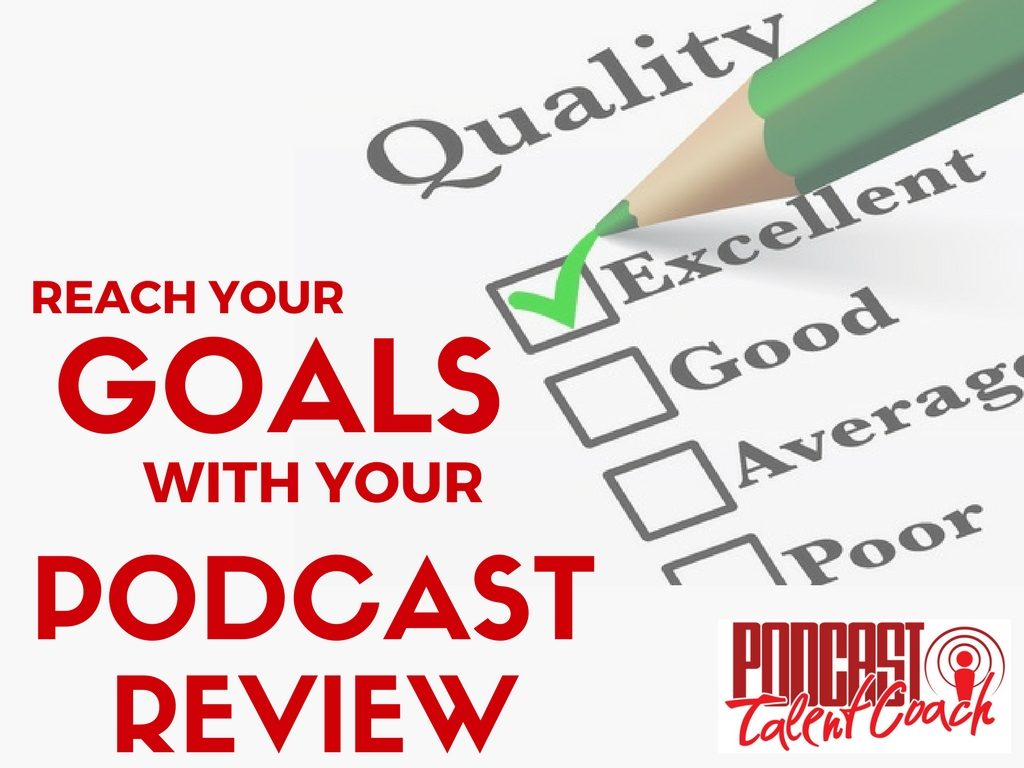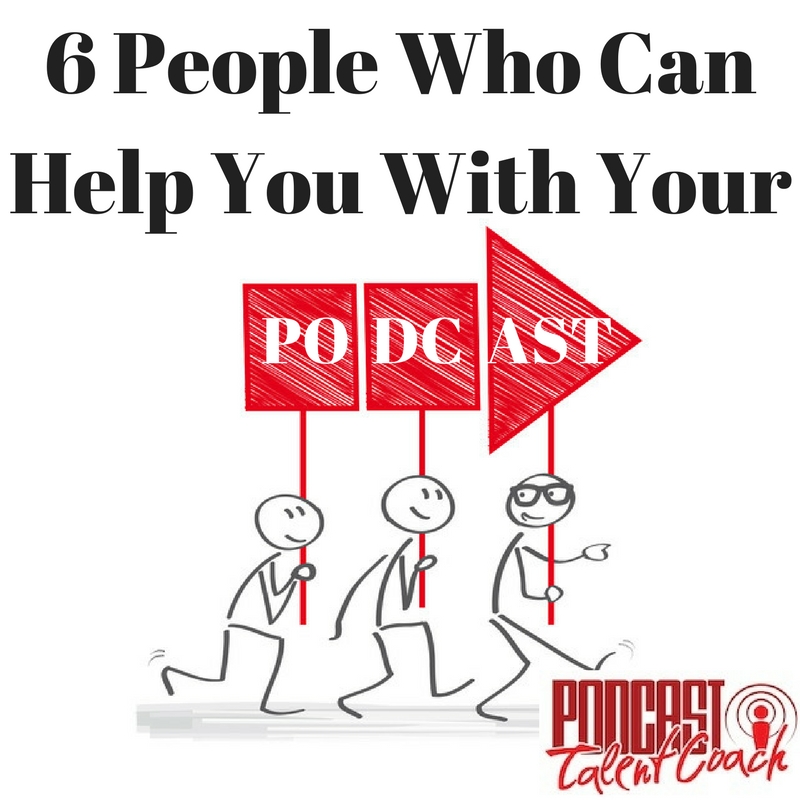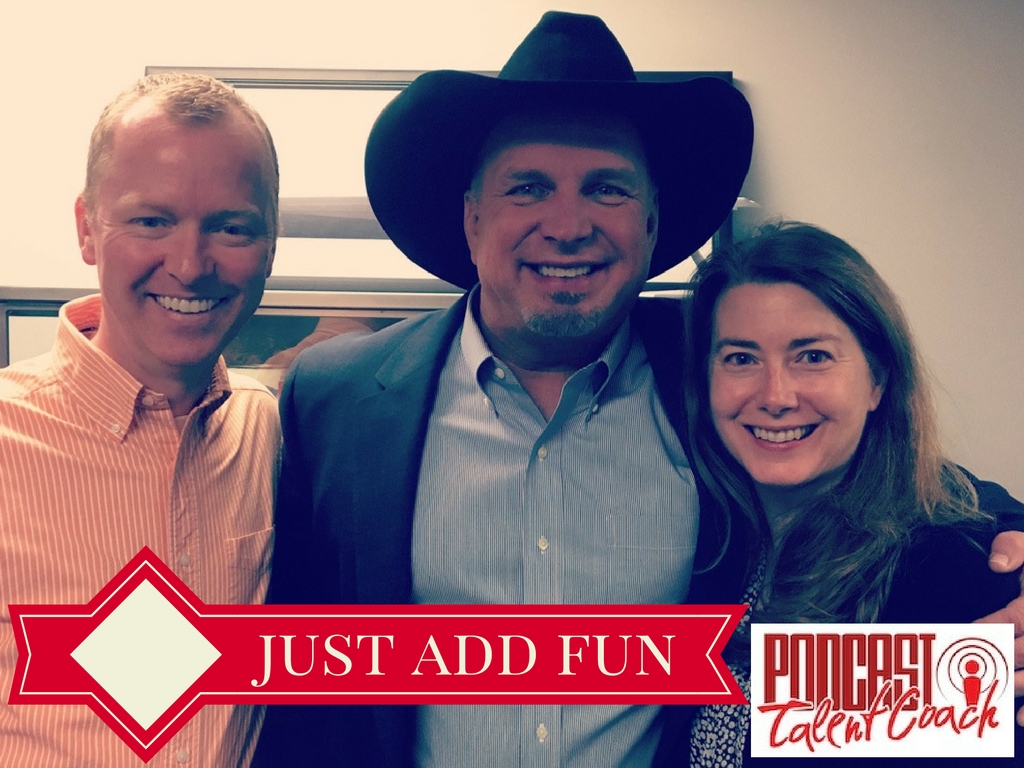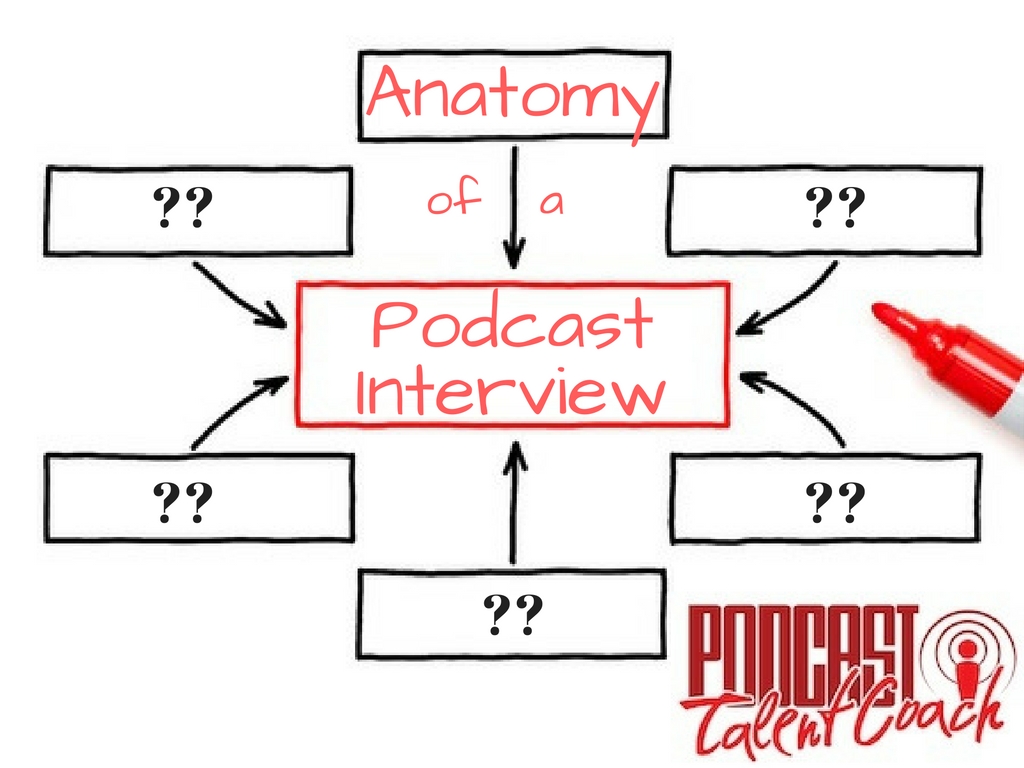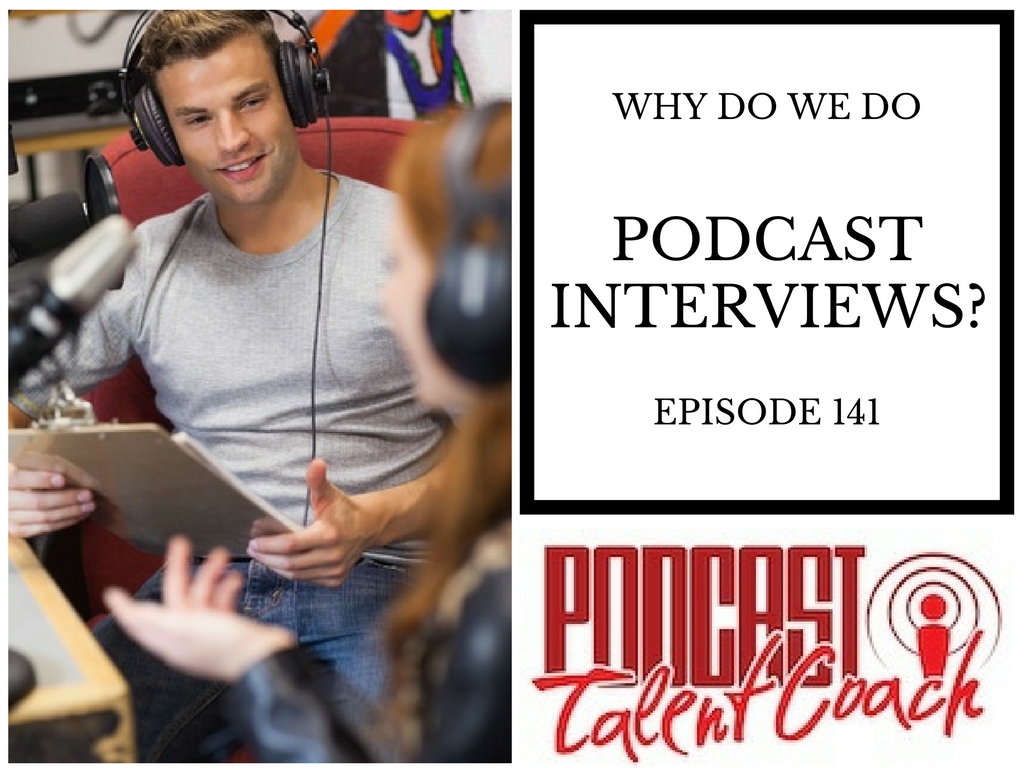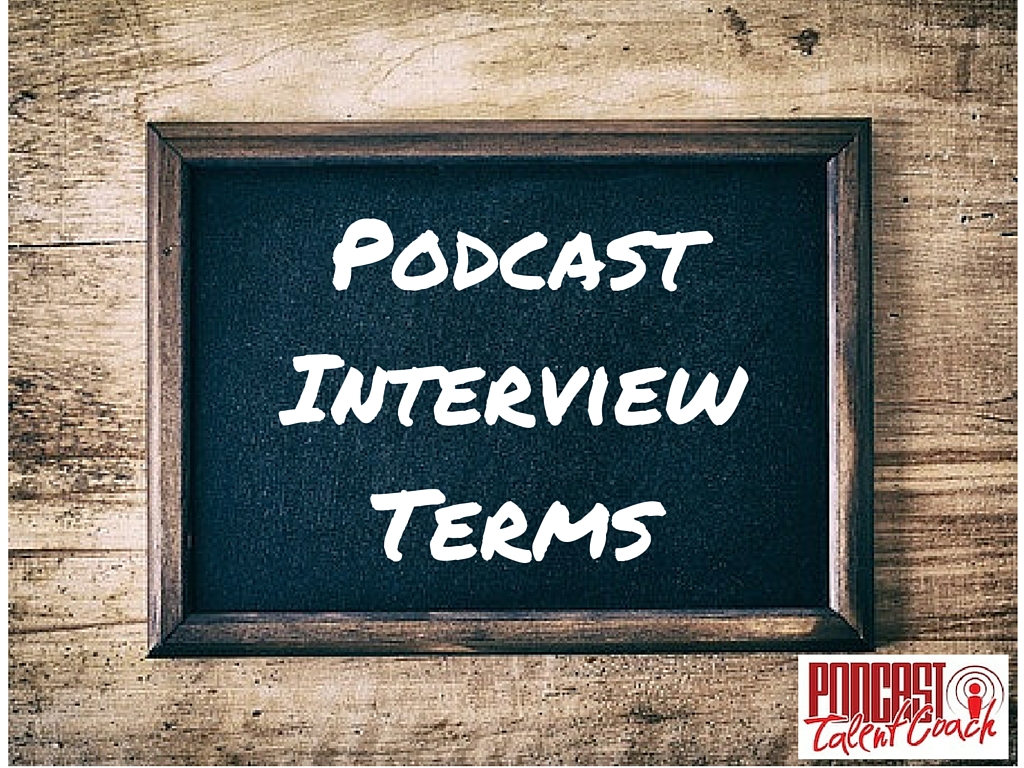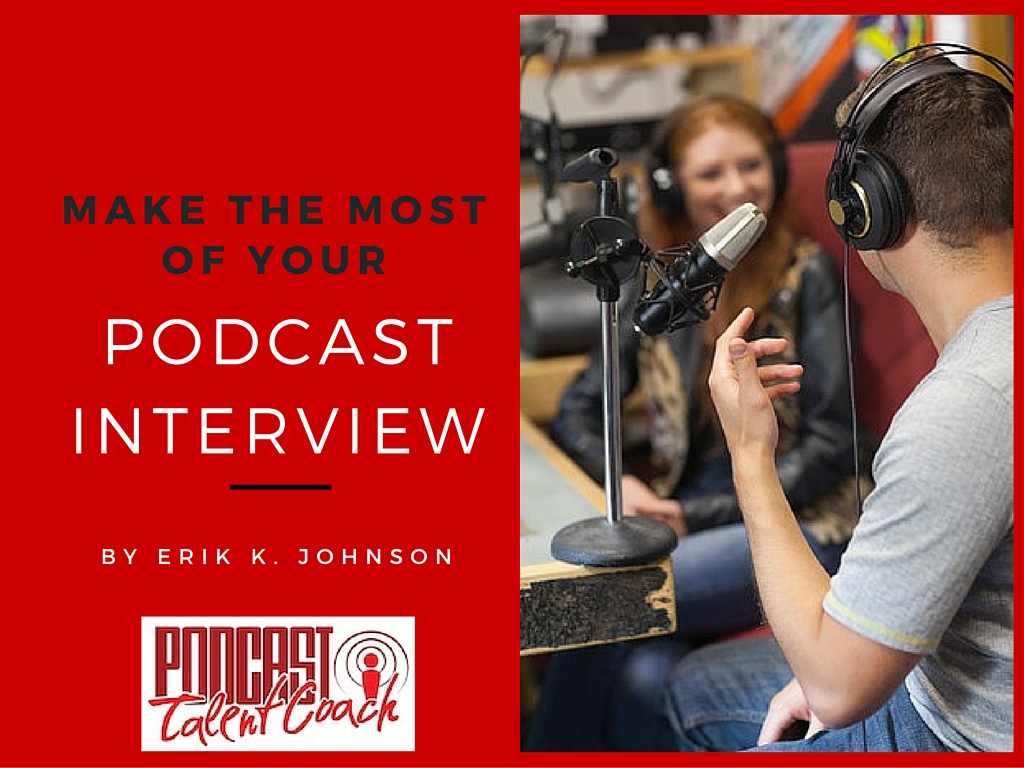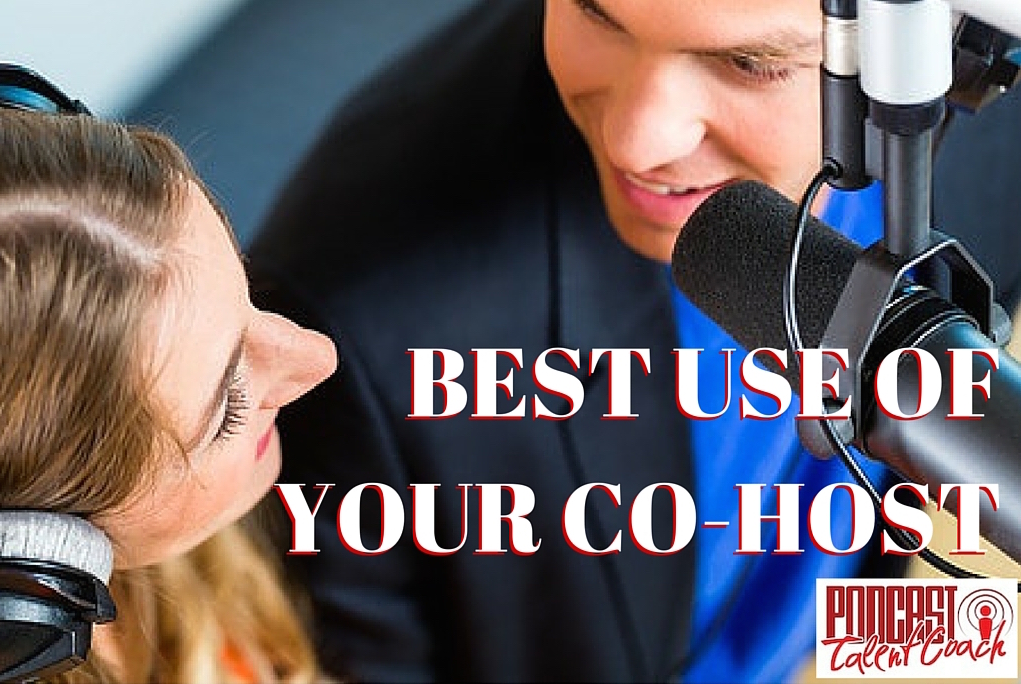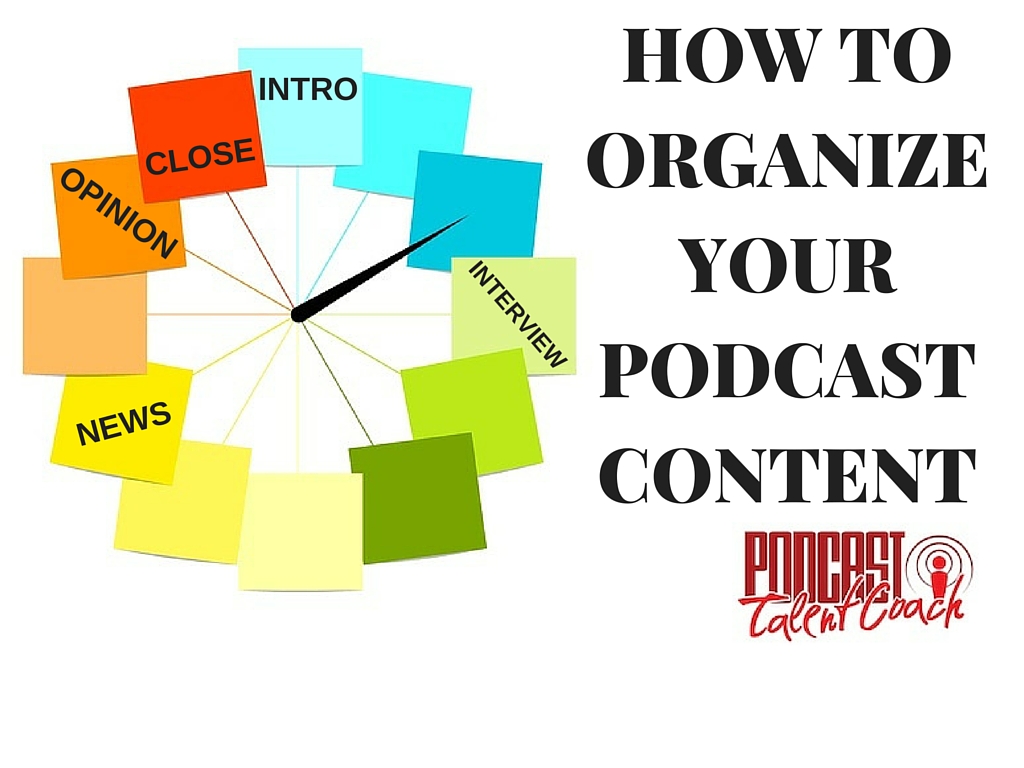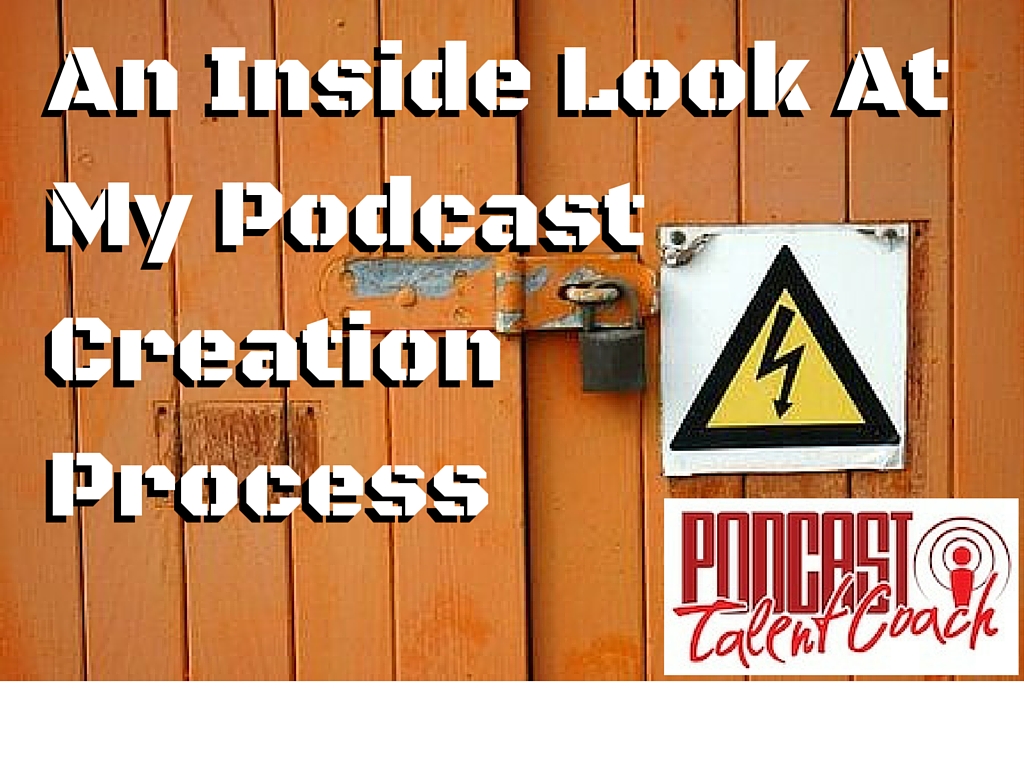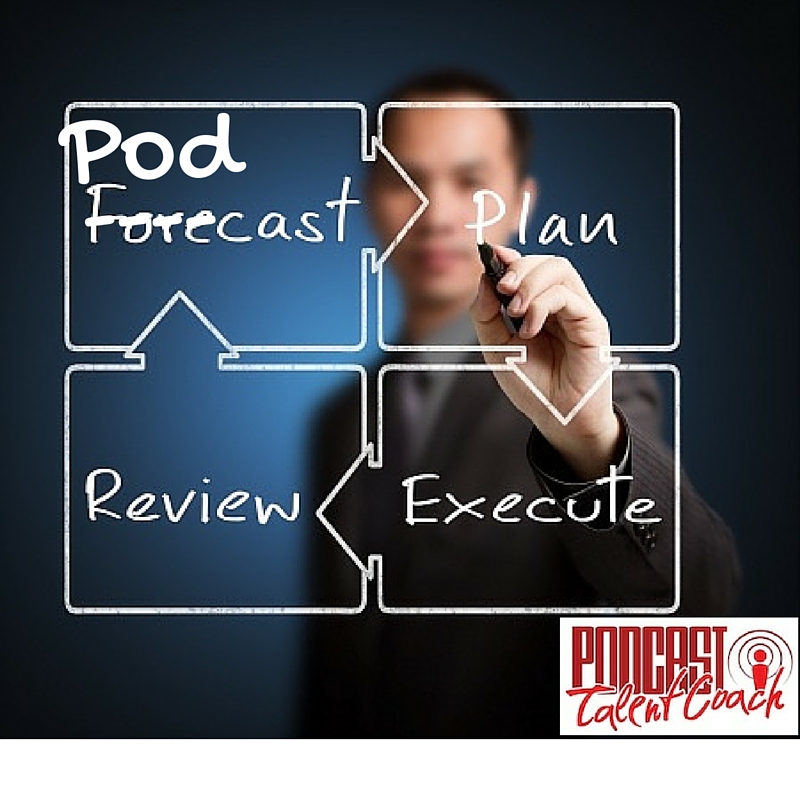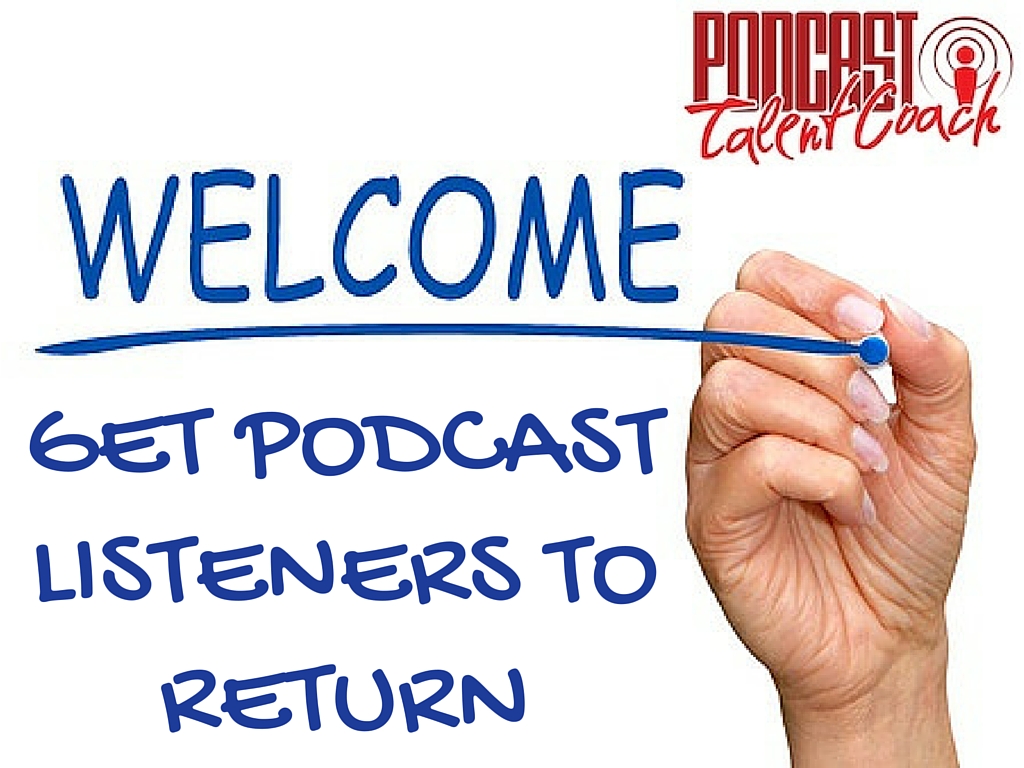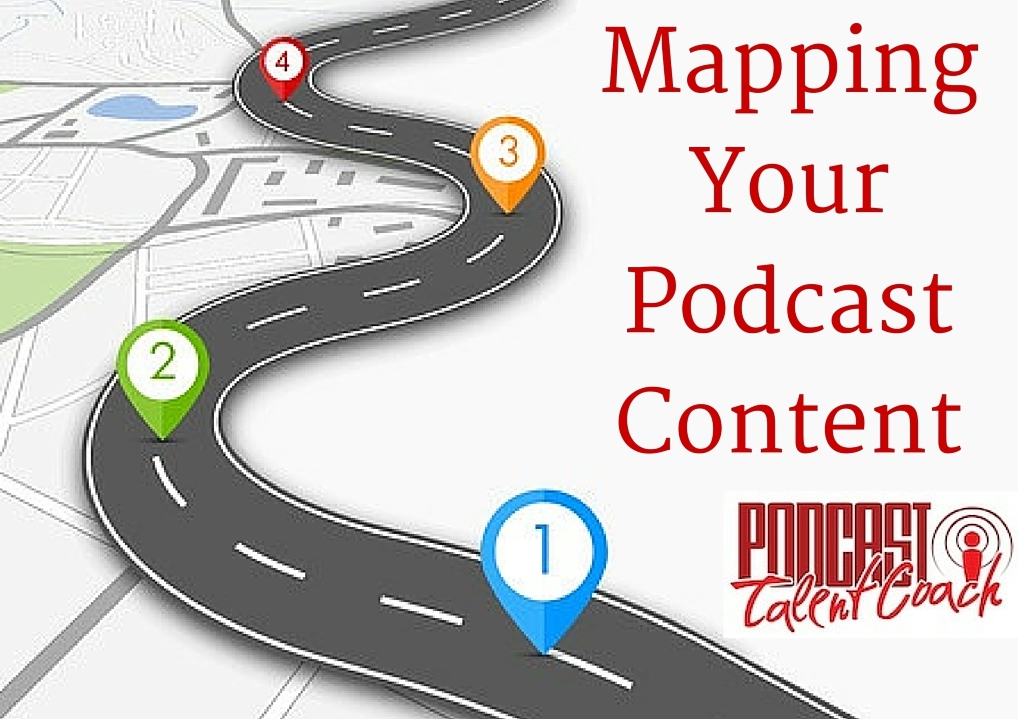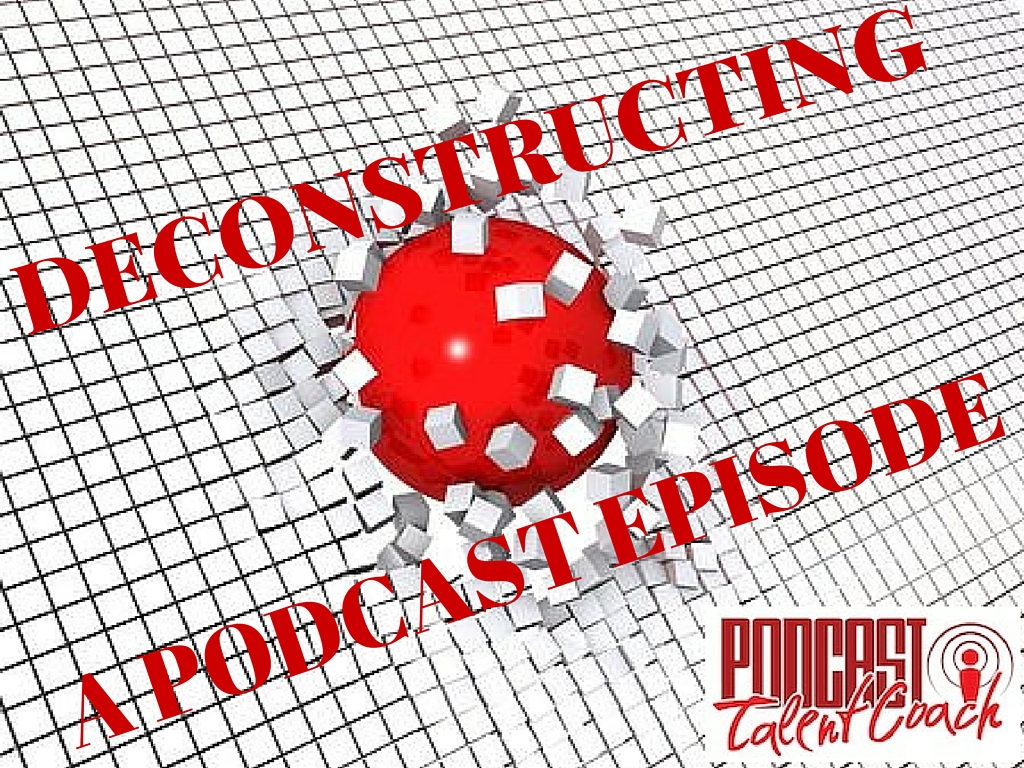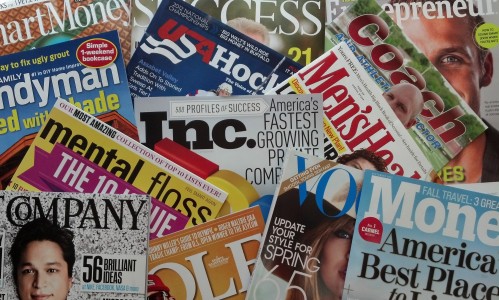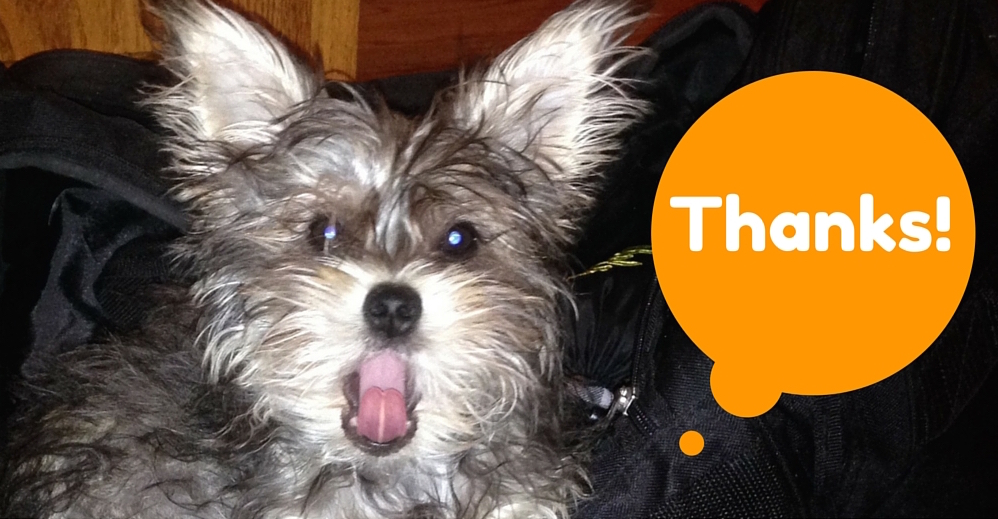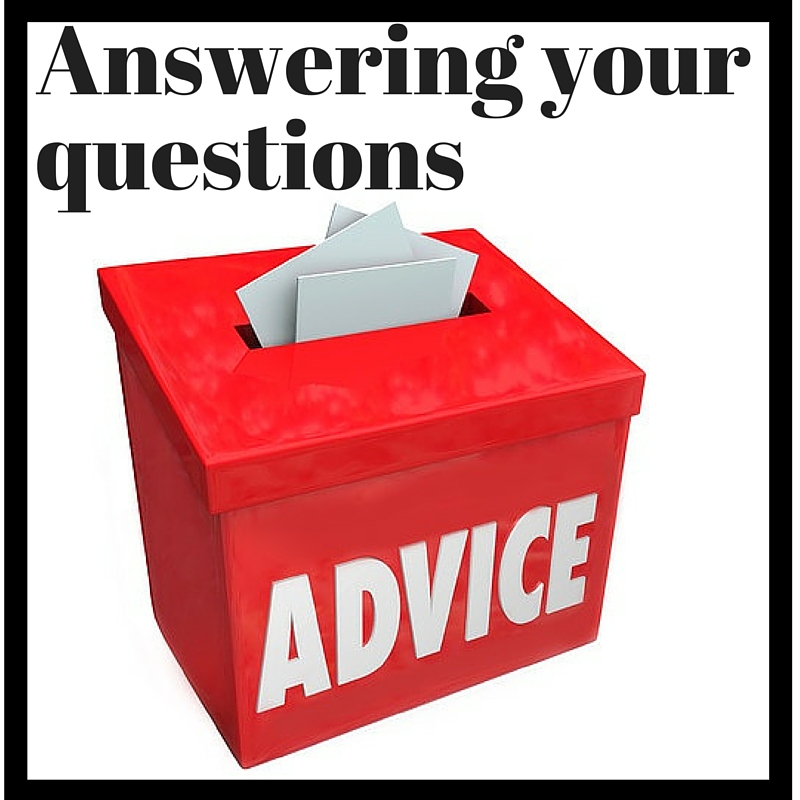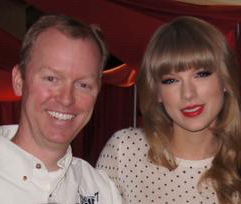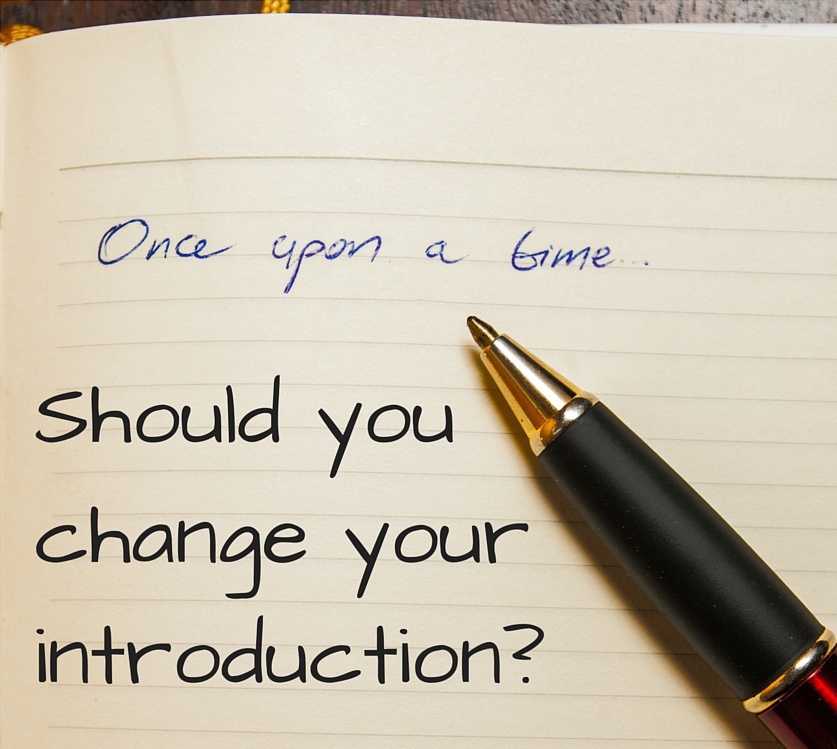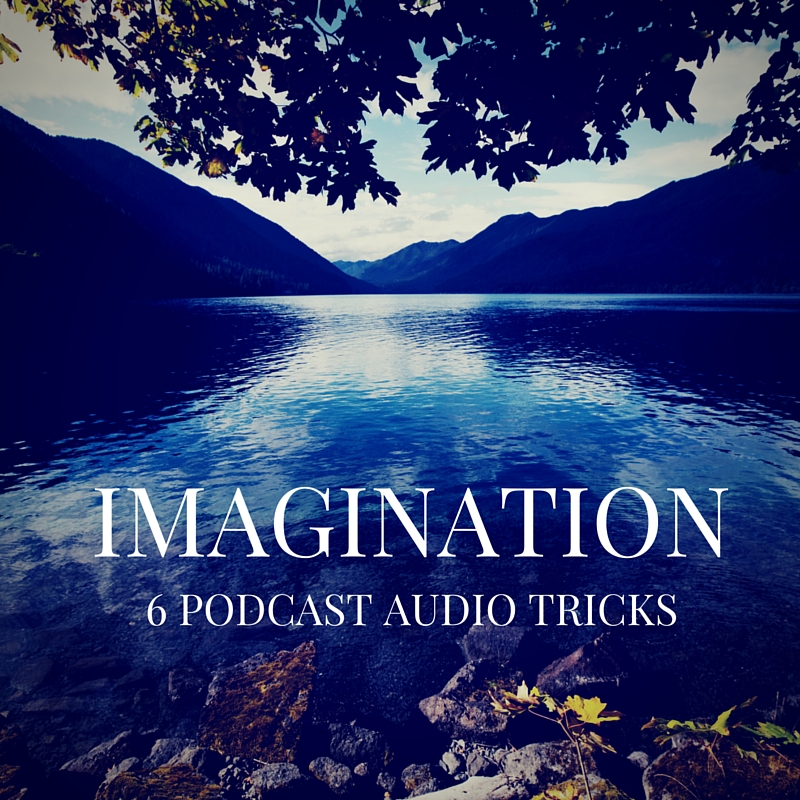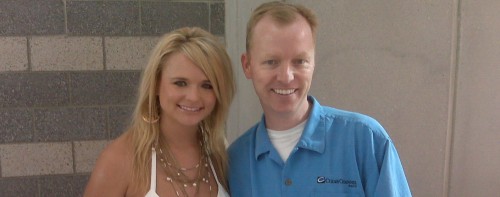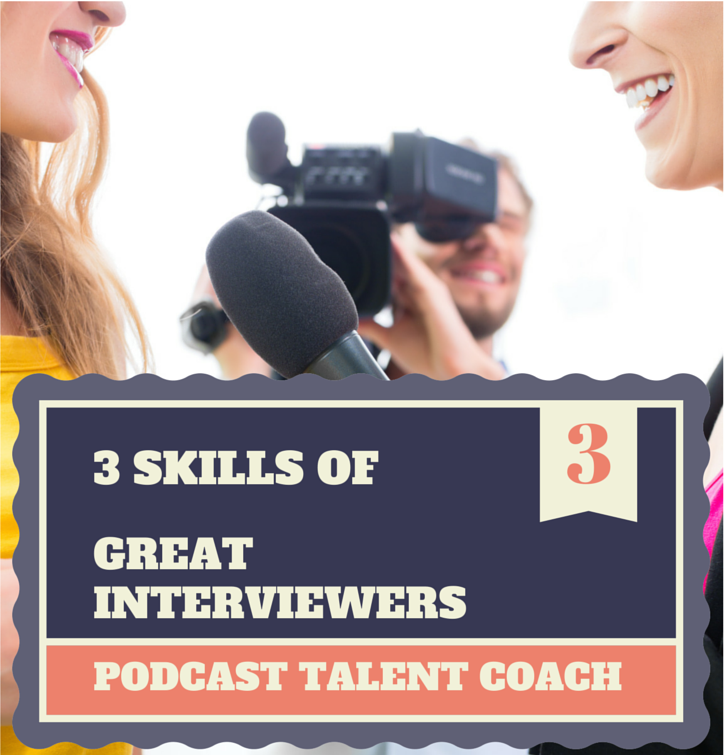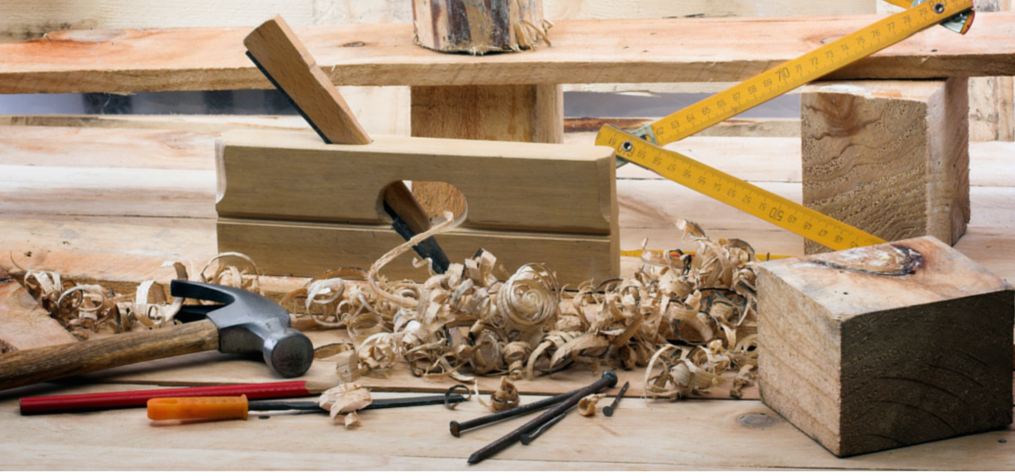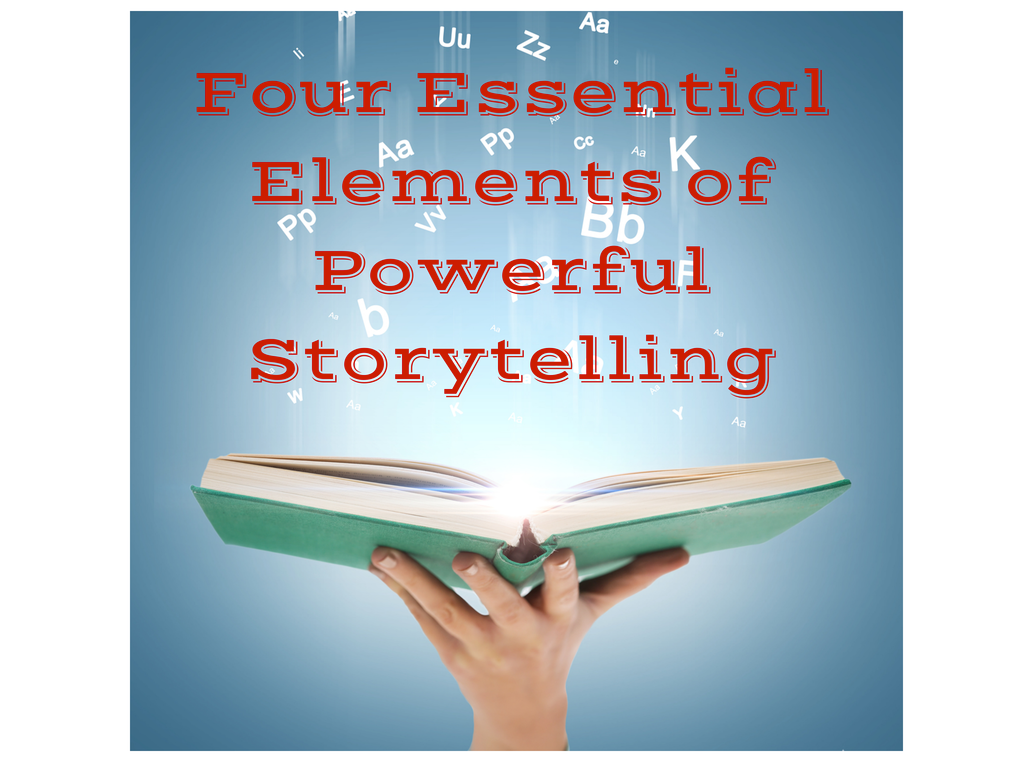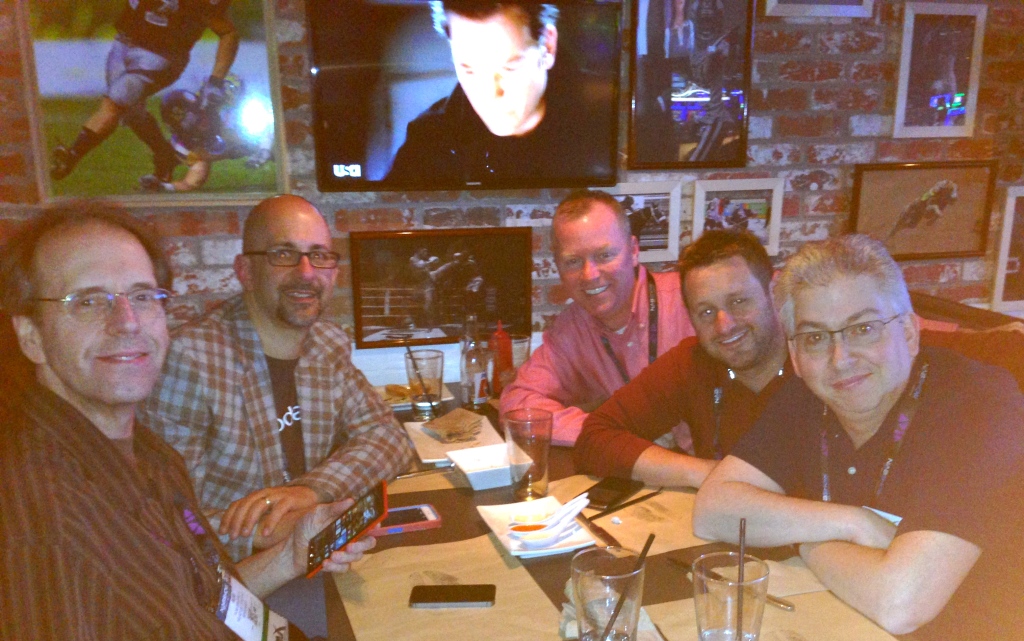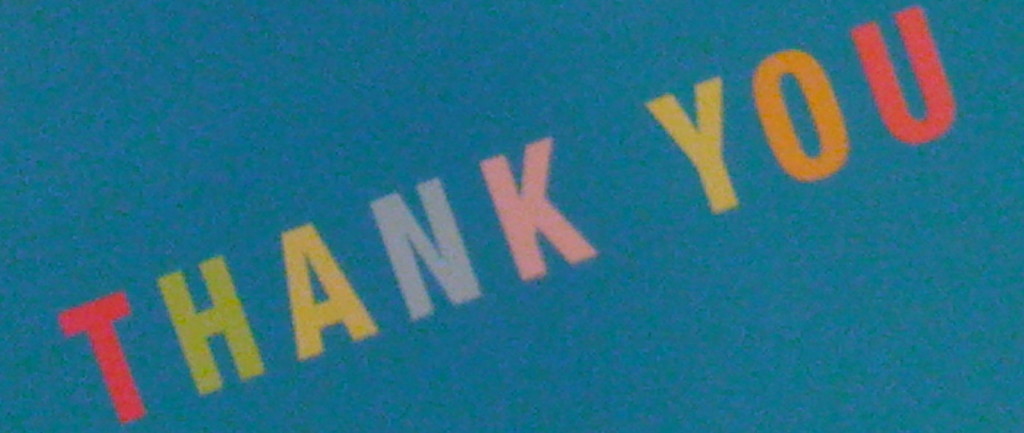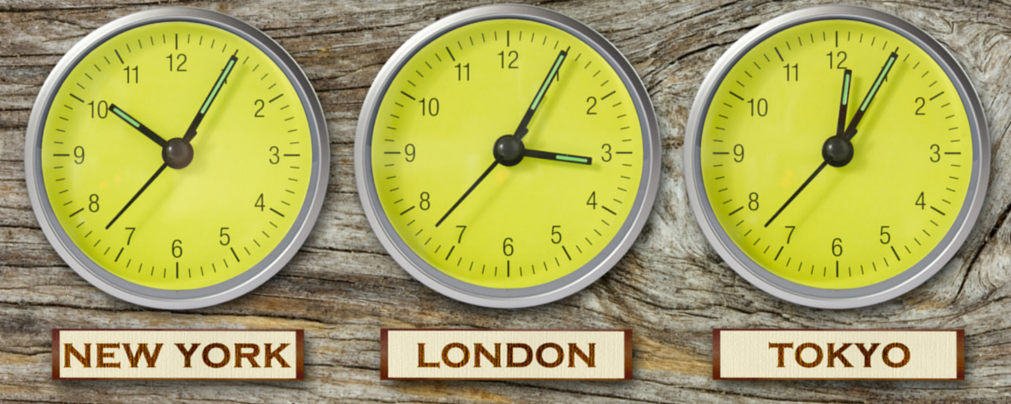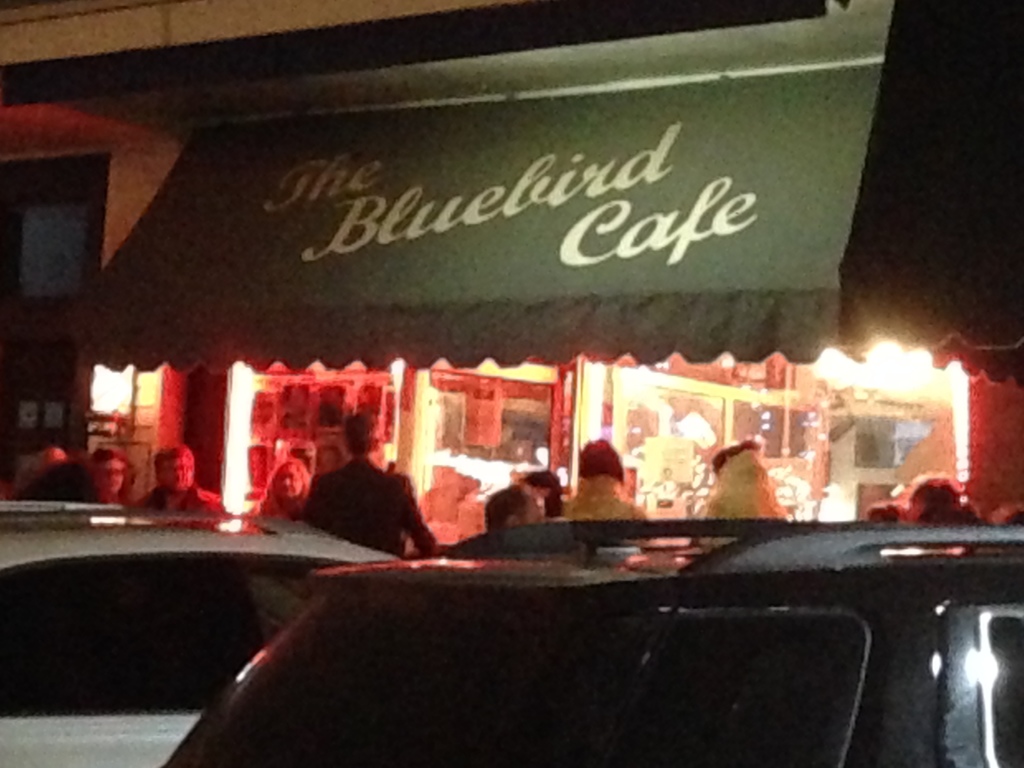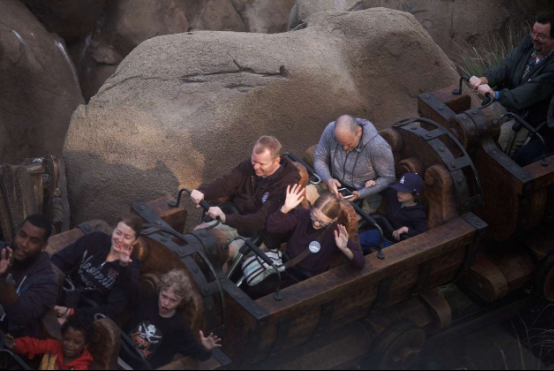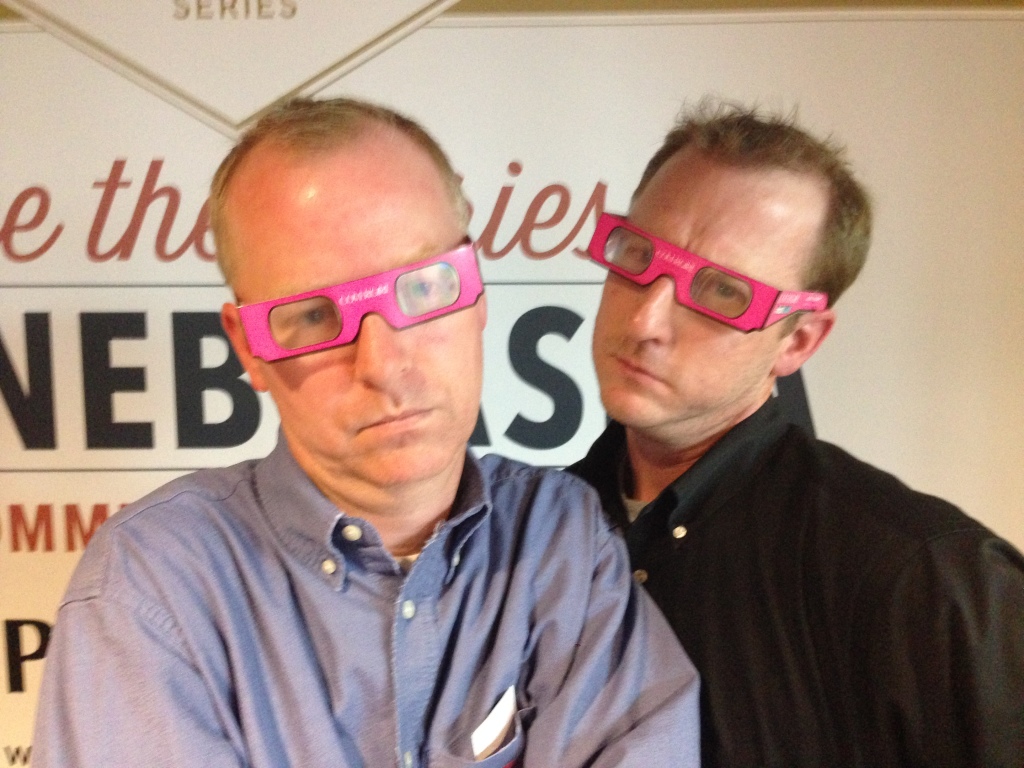Podcast: Play in new window | Download
Subscribe: RSS
Today we will cover handling stagnant audience growth, eliminating the dreaded “uh” and “um”, and the “must haves” of your show notes.
We are answering your questions on the show this week. If you have a question, e-mail me at Coach@PodcastTalentCoach.com. I read all of those notes and answer as many as I can here on the show.
FIX AUDIENCE GROWTH PLATEAU
How have you handled a prolonged stall/plateau of your podcast? Whether your regular audience is dozens, hundreds, thousands or even tens of thousands per episode, at some point for almost everyone your podcast hits a lull—where when you look at your episode numbers it either stalls/stops growing or even consistent drops in downloads.
In many cases it’s not that you’re not working as hard as you did before, promoting on social media before, having the same quality guests as you did before—but the plateau or download decline happens anyway.
-Patrick
It is all about getting in front of new audiences. If you have tapped the current pool, find another pool.
Remember when you were going to the bars with your friends all of the time?
My buddies and I always went to the same few bars to see the same few bands. We would always go to Arthur’s to see Hat Trick. They were the house band each weekend.
The bar was full of pretty much the same people every weekend. Hat Trick would play the same songs. We’d have the same drinks.
After a bit of time, we weren’t meeting anyone new.
One weekend, our friends invited us to just bar hop to a bunch of bars we’ve never visited. All of a sudden, we were meeting new people and running into people we haven’t seen in years.
You can do this same thing by connecting with new people who are talking to your ideal listener.
Get on other podcasts for an interview. Do a joint project with a peer and share it with your respective e-mail lists. Attend some virtual events in your space. Speak on some virtual stages. Be part of a giveaway or summit.
Simply find ways to meet new people. Your audience won’t grow if you don’t get in front of people who don’t already know you.
If you would like a great way to supercharge this, check out JV Insiders Circle. Find my affiliate link at www.PodcastTalentCoach.com/jv.
This organization is designed specifically to help online people find joint venture partners and get in front of new audiences. It is a very powerful network of people with large followings.
REMOVE THE UH AND UM
I could use some help. I am really good at speaking in person, but my podcasts … I’m not incredibly proud of the end results. I know I have to cut the uhhhs and umms and possibly too much repeating. How do I get better?
-Travis
The good news is you will get better. The bad news is it will take time.
Don’t spend a lot of time editing all of those little pieces out. Most won’t notice.
There are two easy things to get you on the path to improvement.
First, plan the show. Know where you want to go.
You say “um” and “uh” because you are looking for the right words. When you outline the show before you start, your brain knows where it is going. You spend less time trying to read the map and more time enjoying the scenery.
When I first started on radio, I would fly by the seat of my pants. I would think, “I’ll talk about seeing this band last month at the arena.”
When the song ended, I would jump on and talk about the band coming to town. However, I didn’t know where I was going. I hadn’t planned how to end it and get out of the bit.
It would end up being like that Chris Farley bit on SNL when he interviewed Paul McCartney. “Remember that time you said the love you get is the love you give? That was cool.” It was clunky and uncomfortable with no real end.
Start with the end in mind. Know where you want to go. Then, it will be much easier to follow the path to get there. The “uh” will diminish over time.
The next way to improve is to listen back to your show. Take notes. Find things you do really well and the things you would like to remove.
You can’t simply remove the stuff you don’t like. You need to replace it with something good. If you just take stuff out, you are eventually left with nothing.
As you learn to discover the good and bad parts before they happen, you train your brain to do more good and less bad.
If you find yourself always stuck on a word or using a crutch over and over, write down 15 different ways to say the same thing. Keep it by your monitor as you record.
When it comes time to say “You know what I mean”, you can replace it with one of the phrases on your list. Train the brain.
If you want help reviewing your show, visit www.PodcastTalentCoach.com/coaching.
SHOW NOTES
I’ve realized that I’ve put a significant amount of work into show notes along the way, but I’ve also realized I rarely read the show notes of the podcasts I listen to. How much time and effort is reasonable to put into show notes, and what are some “must haves” in show notes.
-Dean
Start with the end in mind. What do you want your show notes to accomplish.
Search engine optimization is a benefit of show notes. When you create a blog post over 300 words, you can get some good search juice.
If people are coming to your show notes, they are probably looking for something specific that you mentioned during the episode. Place those resources at the top of the notes. Make it easy to find.
People may also come to the notes if you have content that is technical or step-by-step. They want the easy download they can reference.
I often listen to podcasts about business. Many times the guest will give 5 ways to boost your traffic or 7 steps to audit your website or how to link your shopping cart to your membership site. Rather than writing all of that down, I prefer to go to the show notes to get the steps.
If the show is more about soft skills or entertainment, I don’t visit the show notes. There is nothing there I need.
What does your audience want from your show notes? Ask them. Send out a survey. This could be as easy as sending an e-mail to your subscribers or setting up a Survey Monkey survey.
Then, determine what you want your notes to accomplish. If you need SEO, make it rich with search terms. If you don’t even post it on your website, you may simply need an outline of the show.
Finally, decide how much time you want to spend on your notes. You may get more traction spending the hour you spend on show note in another area.
If you used that same 60 minutes by spending 45 minutes marketing your show and 15 minutes creating a simple outline as the notes, your show may grow much faster.
I would say the “must haves” in your show notes would be the things your audience expects. That would be links to things you mentioned, an easy way to play the show and an overview of the episode. After that, it becomes diminishing returns. You need to weigh the benefits against the time spent.
ASK YOUR QUESTION
Do you need help with your podcast? E-mail me any time at Coach@PodcastTalentCoach.com. Let’s see what we can do.
You can find my podcast and other tools to help you create great content at www.PodcastTalentCoach.com.
Let’s turn your information into engaging entertainment.


